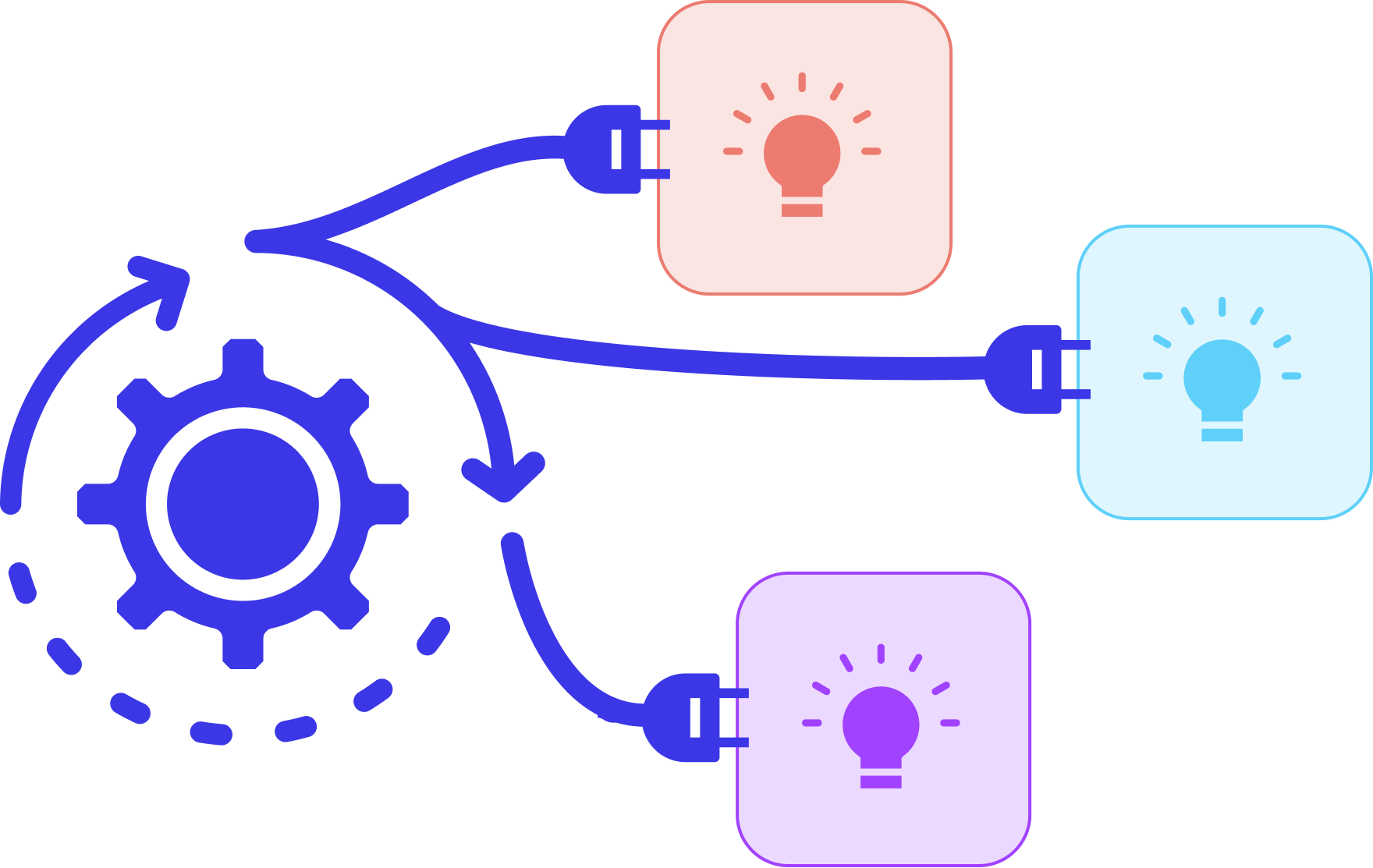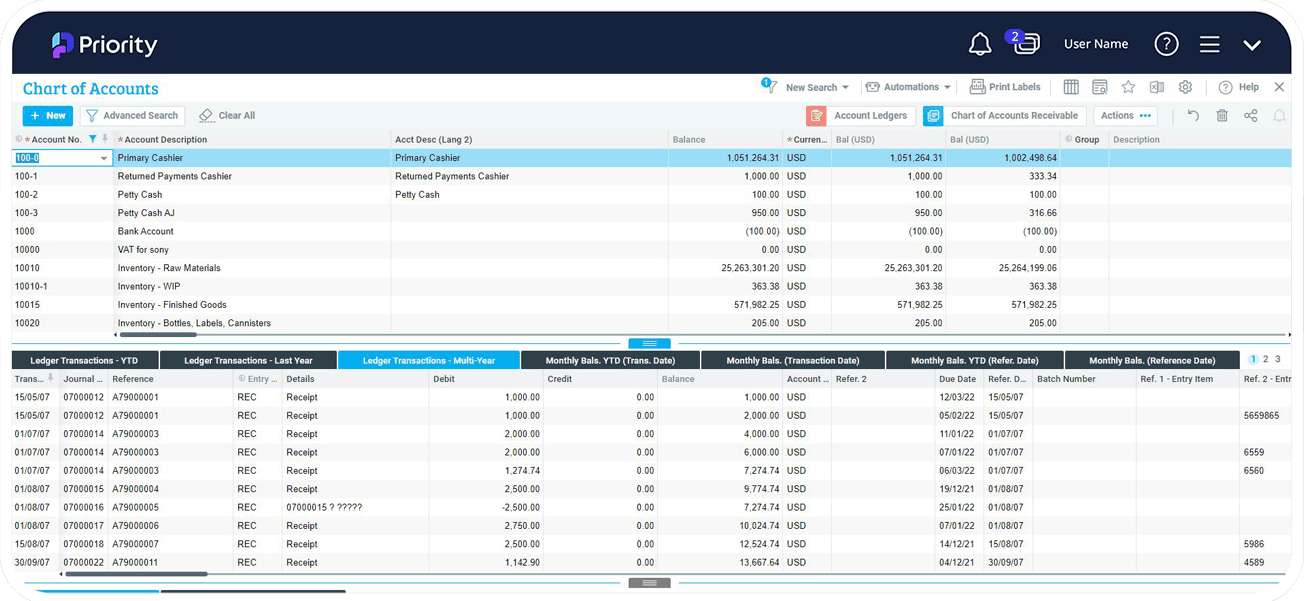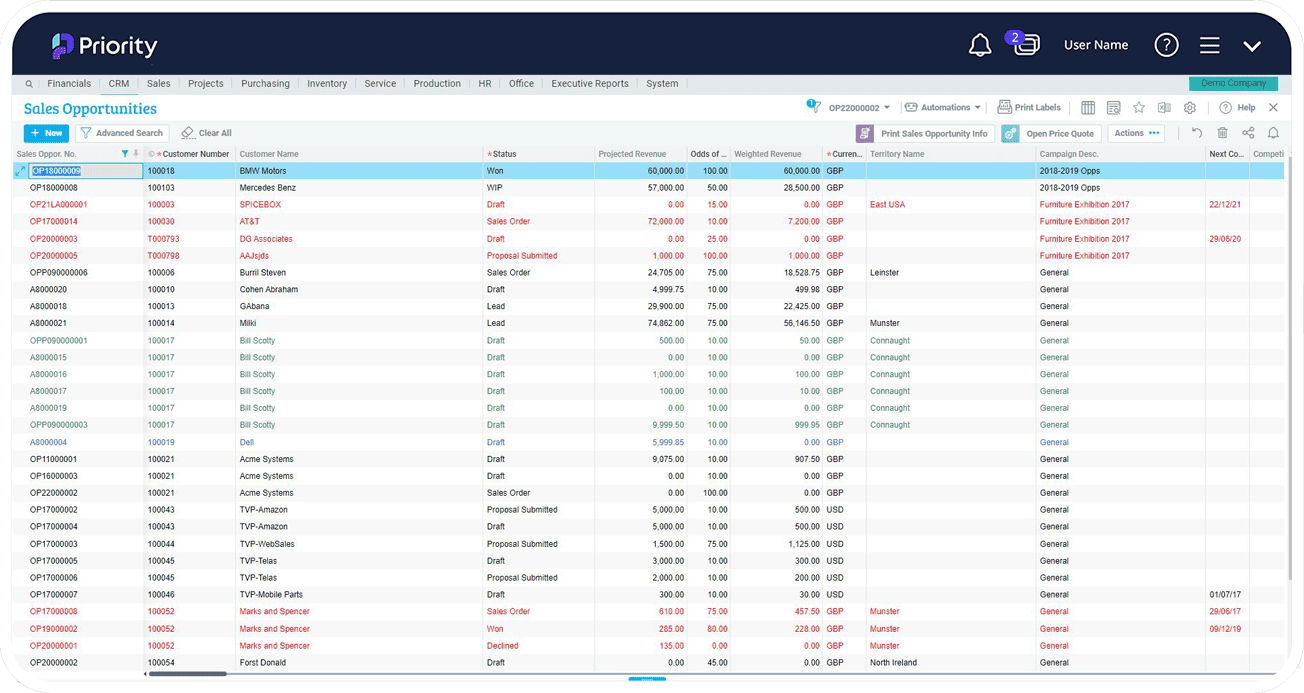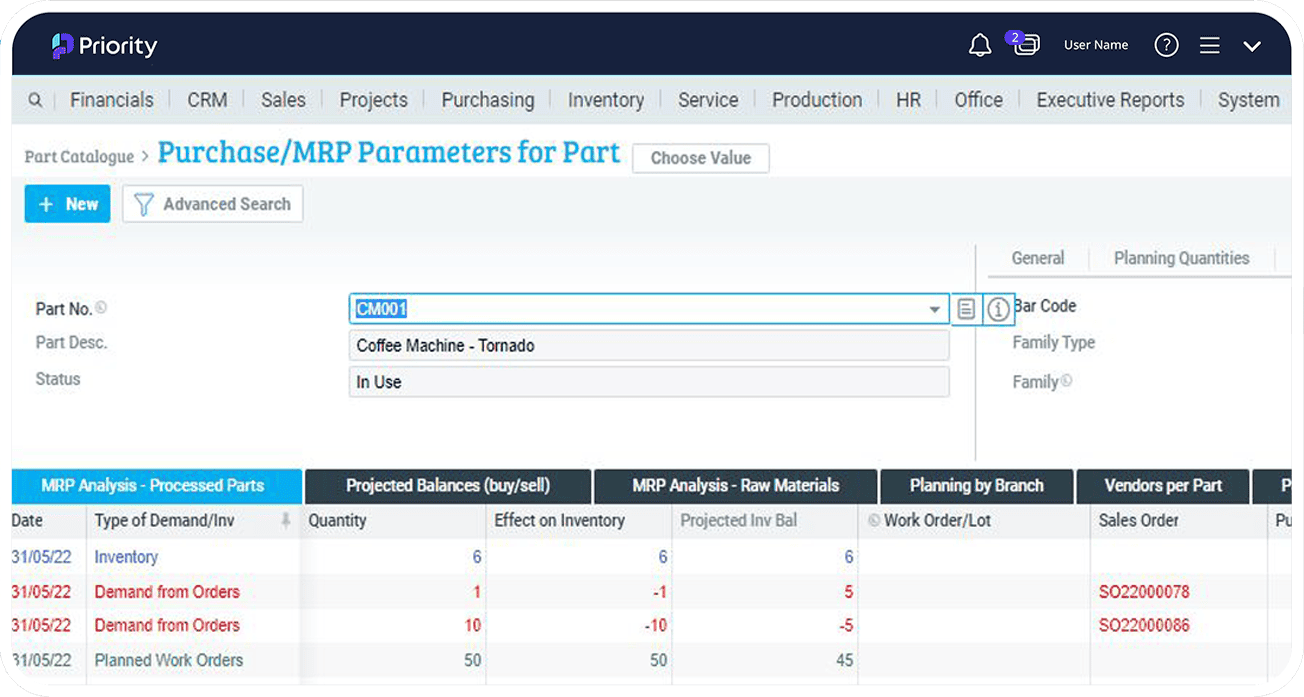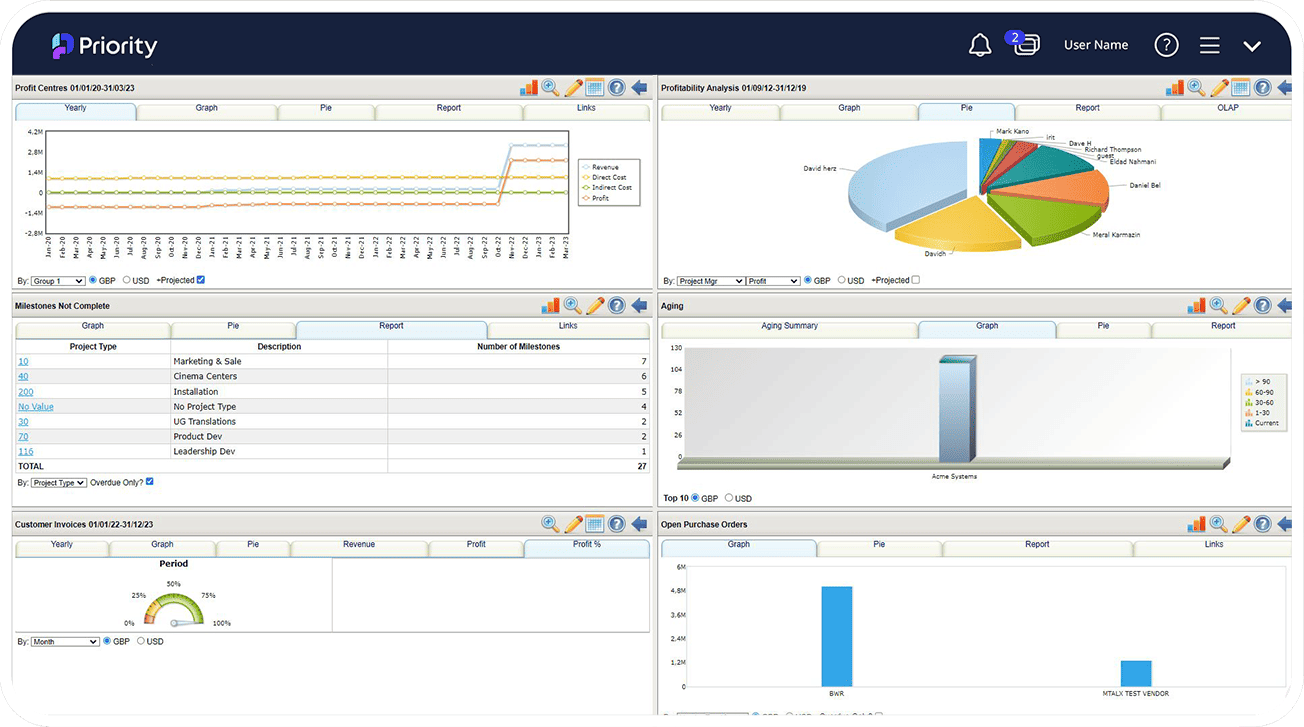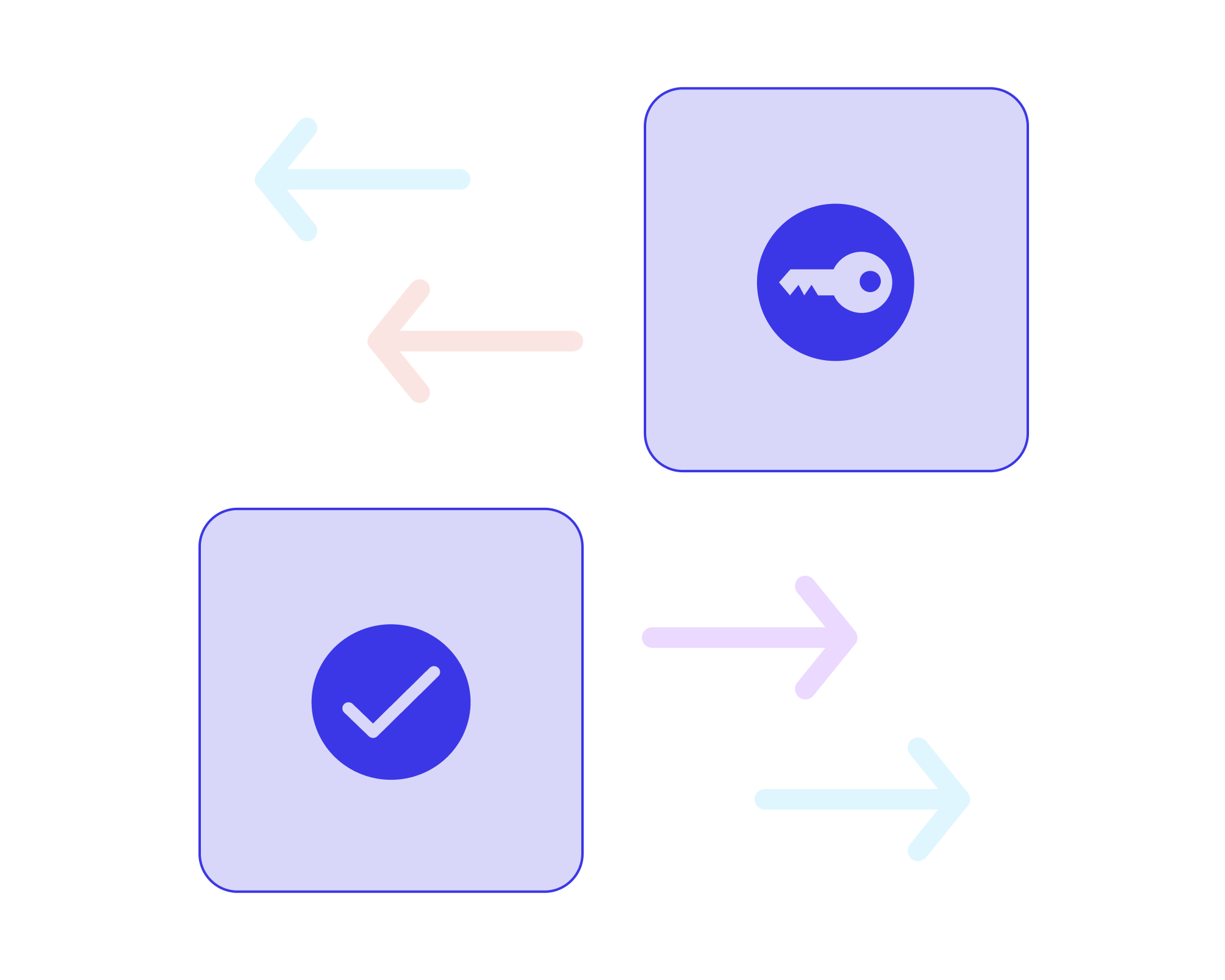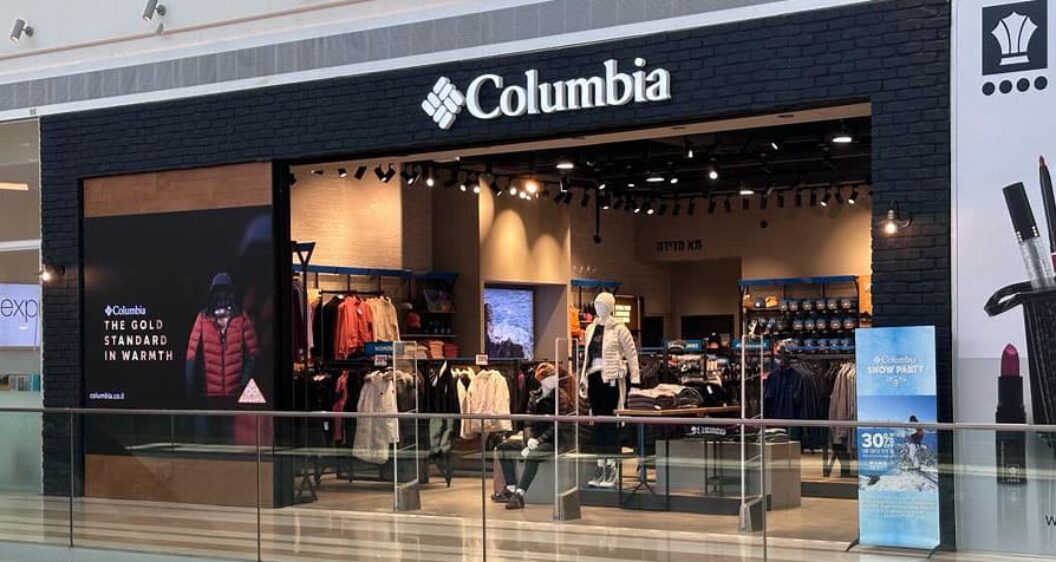- Save costs by optimizing inventory, reducing overstocks, avoiding stock outs, automating routine processes, and improving overall operational efficiency.
- Access customer data, purchase history, and preferences, enabling delivery of personalized and targeted marketing campaigns, loyalty programs, and customer service.
- Streamline and automate routine processes such as sales tracking, inventory management, and order fulfillment, freeing staff to focus on more value-added tasks.
- Obtain real-time insights and analytics on crucial metrics such as sales performance and inventory, empowering you to make data-driven decisions that enhance your business outcomes.
- Designed to scale with business needs, expand your operations without significant additional investment in technology or resources
Master your retail business
Priority cloud ERP is uniquely suited for Retail companies, providing them with the tools they need to run an efficient and innovative omnichannel business. Priority ERP provides a broad range of critical tools such as supply chain management, manufacturing, warehouse management, financials and more, required for the complex management of today’s retail business environment. Priority also offers a full-blown retail management system (RMS) that is built on the Priority ERP platform. It is the only end-to-end solution of its kind in the industry that provides a single system, inclusive of ERP, RMS and POS products.
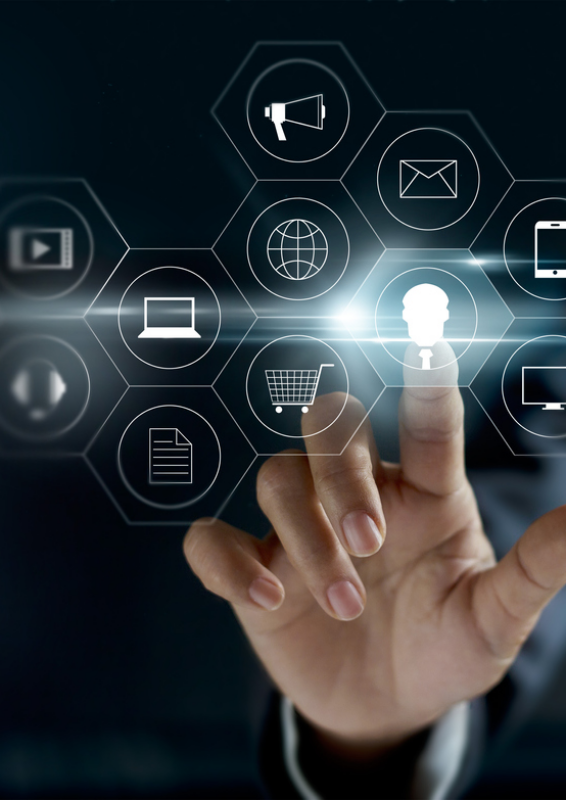
Ensure smooth sailing with these benefits
Retail ERP Key Features
Supply Chain Management
Supply chain management module, designed to scale with business needs, expand your operations without significant additional investment in technology or resources.
Manufacturing
Priority Manufacturing ERP software provides a 360-degree, real-time view of production facility performance, tracking, and enhancement capabilities. Using a wide range of reports and analytics to help optimize operations, improve visibility and remove inefficiencies, Priority’s automated processes empower seamless and immediate synchronization between units, preventing delays and errors, from engineering all the way to production.
WMS
Priority’s robust Warehouse Management System optimizes inventory service levels, and boosts warehouse efficiency, by managing and controlling the storage and movement of your inventory. With Priority WMS, you’ll gain full control of your entire operational process, from the time your products enter your warehouse, until they move out, including inventory management, picking, auditing, and more.
Finance
Management of financial transactions, such as invoicing, payment processing, and financial reporting. Automation and optimization of a variety of accounting tasks, including managing accounts payable and accounts receivable, maintaining the general ledger, and reconciling financial records. These features can help automate and streamline accounting processes, provide real-time visibility into a company’s financial position, and ensure the accuracy of financial records.
CRM
Priority’s comprehensive CRM solution accelerates your sales growth and streamlines your business processes. From lead management to opportunity tracking, Priority’s end-to-end CRM solution helps you mange your customer lifecycle, while gaining real-time visibility into your sales pipeline, accurately forecasting sales and enhancing performance and customer experience.
MRP
A powerful production planning, scheduling, and inventory control system to manage your manufacturing processes, MRP determines material requirements based on sales orders, open work orders, or frequency of need. MRP helps you effectively plan your manufacturing activities, delivery schedules, and purchasing activities.
Business Intelligence and Analytics
Business intelligence module provides real-time analytics and reporting tools to help retailers make data-driven decisions about inventory, pricing, promotions, and customer engagement.
Case Studies
FAQ’s
What are the key modules for Retail companies?
ERP systems for retail companies offer various modules to streamline and manage different aspects of the business. Inventory management is a critical module that tracks inventory levels, optimizes stock levels, and automates inventory replenishment, reducing stockouts and overstocks. The sales and customer management module tracks orders, manages customer information, and handles customer service to ensure a seamless customer experience. The supply chain management module manages the supply chain by tracking suppliers, procurement, logistics, and warehousing, ensuring the timely delivery of goods. The financial management module provides tools to manage financial processes such as accounts payable, accounts receivable, and financial reporting, providing better financial visibility and control. The matrix items module provides intelligent solution for managing and maintaining inventory on a two-dimensional matrix foundation, such as color and size. Finally, business intelligence and analytics modules offer real-time analytics and reporting tools to enable retailers to make data-driven decisions about inventory, pricing, promotions, and customer engagement.
.
What are the advantages of using an ERP in Retail?
The advantages of using ERP in retail are numerous. First, ERP systems can help retailers optimize inventory management by providing real-time visibility into inventory levels, automating replenishment, and reducing stockouts and overstocks. Second, ERP systems can help retailers improve their financial management by streamlining financial processes, such as accounts payable and receivable, and providing accurate financial reporting. Third, ERP systems can help retailers improve customer engagement by offering tools for customer segmentation, loyalty programs, and personalized marketing campaigns. Fourth, ERP systems can help retailers integrate multiple sales channels, such as eCommerce platforms, marketplaces, and social media platforms, and provide a seamless shopping experience across all channels. Finally, ERP systems can help retailers gain real-time insights into their business performance, enabling them to make data-driven decisions to optimize operations, reduce costs, and increase profitability. Overall, the advantages of using ERP in retail are significant and can help retailers gain a competitive edge.
How is ERP used in Retail companies?
In retail companies, ERP systems manage and streamline business operations. They are designed to provide a comprehensive, integrated view of the entire retail business, from supply chain management to sales and customer management. By providing real-time visibility into key business metrics, such as inventory levels, sales performance, and customer behavior, ERP systems help retailers make data-driven decisions to improve efficiency, reduce costs, and enhance the customer experience. Additionally, ERP systems can help retailers manage multiple sales channels, such as eCommerce platforms, marketplaces, and social media platforms, and provide a seamless shopping experience across all channels. Finally, ERP systems can help retailers gain a competitive edge in the retail industry by integrating all business functions into a single platform.



